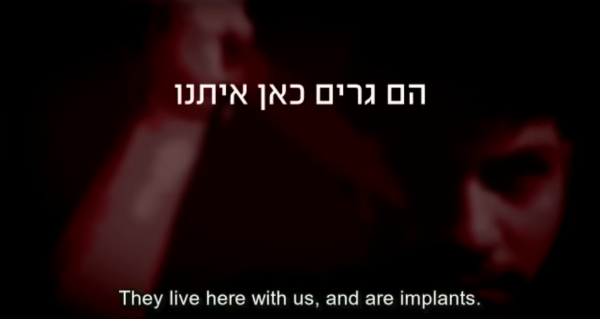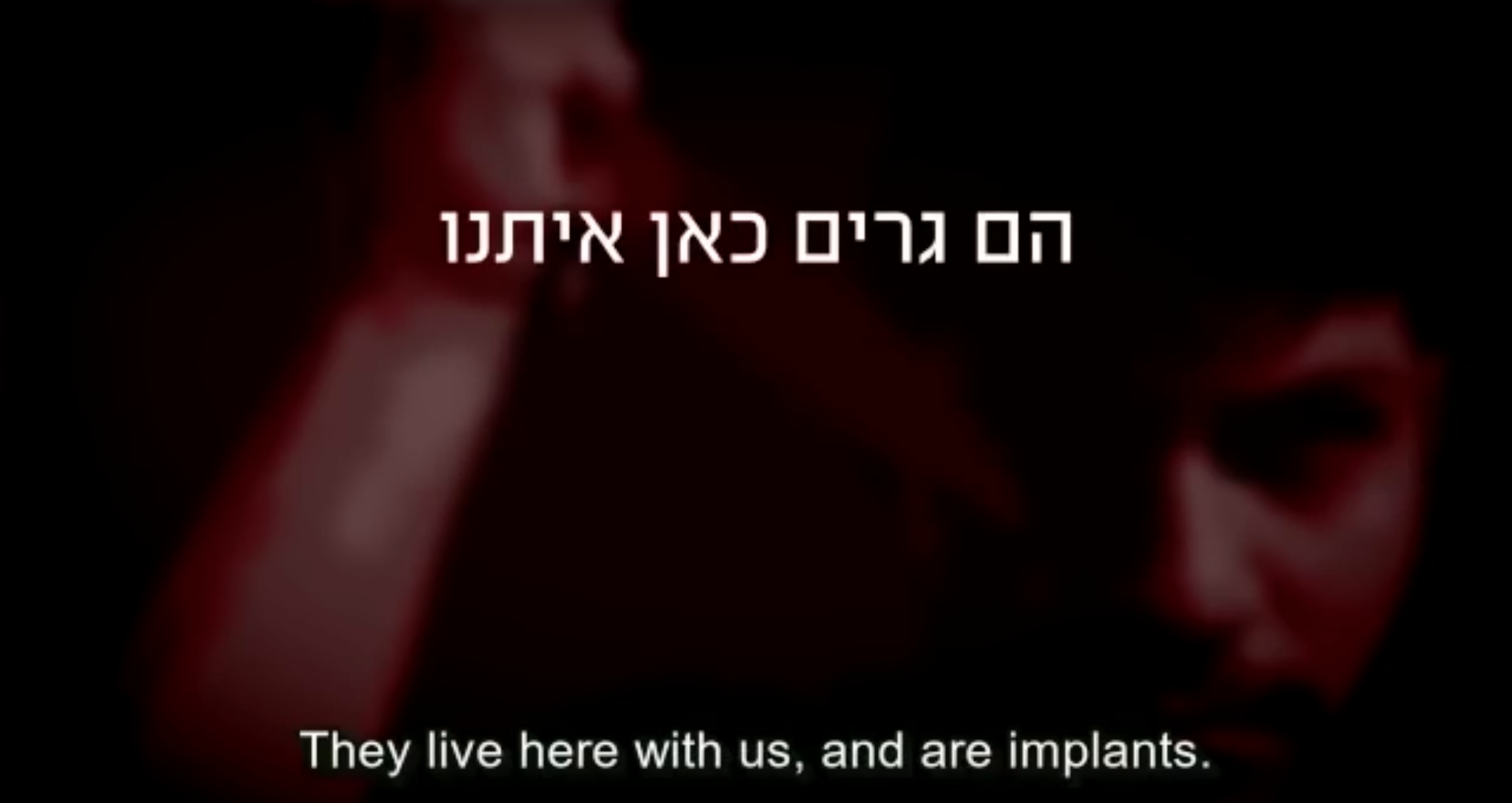
When the documentary “The J Street Challenge” was released in 2014, one of its main arguments was that while certain Israel advocacy groups who claim to be bipartisan are acceptable political advocates, left-wing political groups, like J Street, should be condemned as beyond the pale of acceptable conversation about Israel for disagreeing with the Israeli government. When Israeli right-wing group Im Tirtzu released an advertisement last week that publicly threatened members of left-wing groups, including the director of public outreach for Breaking The Silence, Jews who talk about Israel once again had the same reaction: Organizations like Breaking The Silence are beyond the pale of acceptable discourse, and should be condemned.
In comparison to left-wing organizations, organizations like Im Tirtzu, which work in concert with the right-wing Israeli government, face far less censorship, and are powerful enough to lobby Israeli politicians into condemning Breaking the Silence. This, sadly, is a trope we’ve seen again and again in the course of Israeli politics: Right-wing organizations in Israel are part of the political process, while left-wing groups working to end the occupation are vilified and condemned. Right-wing groups define the dominant communal conversation, and the talking points of left-wing groups are not acceptable discourse on Israeli politics and the Israeli-Palestinian conflict.
And with Israel, so too with American Jewry. Left-wing groups remain outsiders in our conversations on Israeli politics and the role that American Jews can play in Israel activism outside of cookie-cutter hasbara advocacy — while right-wing groups are seen not as politically controversial but as “bipartisan,” despite the fact that they garner support for a government that actively does not want to work toward a sustainable, peaceful solution, whatever that might look like, to the Israeli-Palestinian conflict.
Why are left-wing groups so frightening? Why are organizations like Breaking The Silence and J Street so threatening to the mainstream Jewish establishment that they need to be condemned and challenged in the vitriolic way that they are?
The answer is that leftist activists, critical as they are of the Israeli government, come from within our own Jewish communal ranks. Sometimes they’re even people who are held in high esteem by the Jewish community, and purport to represent a sizable number of Jews within the religious and cultural establishment. Breaking The Silence doesn’t bring in outsiders; it works with and for Israeli soldiers who are forced to confront the realities of the occupation and the realities of oppression every day as part of their jobs. Similarly, left-wing organizations can count on people like Rabbi Rick Jacobs, the leader of American Reform Jewry, for support in opposing the Israeli government’s policies.
When it comes to Israel, many organizations like Im Tirtzu tell leftists and social justice advocates to check our political sensibilities at the door. We can work to confront systemic racism and disenfranchisement in the United States, we’re told — but not in Israel. Those organizations that remind us of the systemic inequality that exists in Israel continue to be vilified, despite the fact that they might be more representative of both American and Israeli Jewries alike than the organizations defending that inequality. We are invited — even encouraged — to speak out against systemic inequalities in the United States, but when we challenge the dominant narrative of Israel as a bastion of human rights, we’re shut down.
We, as members of the Jewish community, cannot continue to let ourselves be silenced by the dominant right-wing political narrative about Israel. If we want to confront systemic racism, then we need to be equally ready — and vocal — in our criticisms of those in our own ranks. Political leftists and those who oppose the occupation are threatening specifically because we have our finger on the pulse of the viewpoints of a growing number of Jews, in both Israel and the United States.
We must be willing to work toward breaking down the double standard that we, political leftists, continually face in the political discourse around Israel, perpetuated by the dominant groups that continue to alienate us by either pushing us outside of the predominant political discourse in the United States, or labeling us as foreign agents working to perpetuate terrorism. To be sure, we liberals must be unequivocal in our condemnation of stabbings and terror attacks. At the same time, we cannot allow ourselves to be silenced by political narratives and policies, and those who create them for their own political gain, at the expense of embracing our representation of both American and Israeli Jewries.
Amram Altzman is a student at List College.

